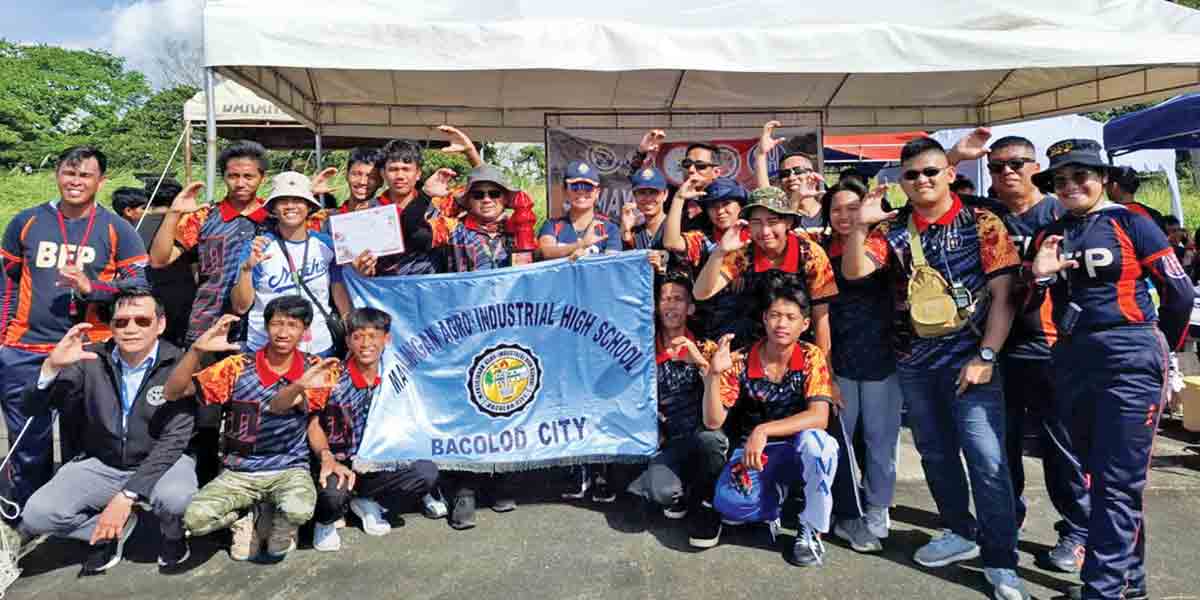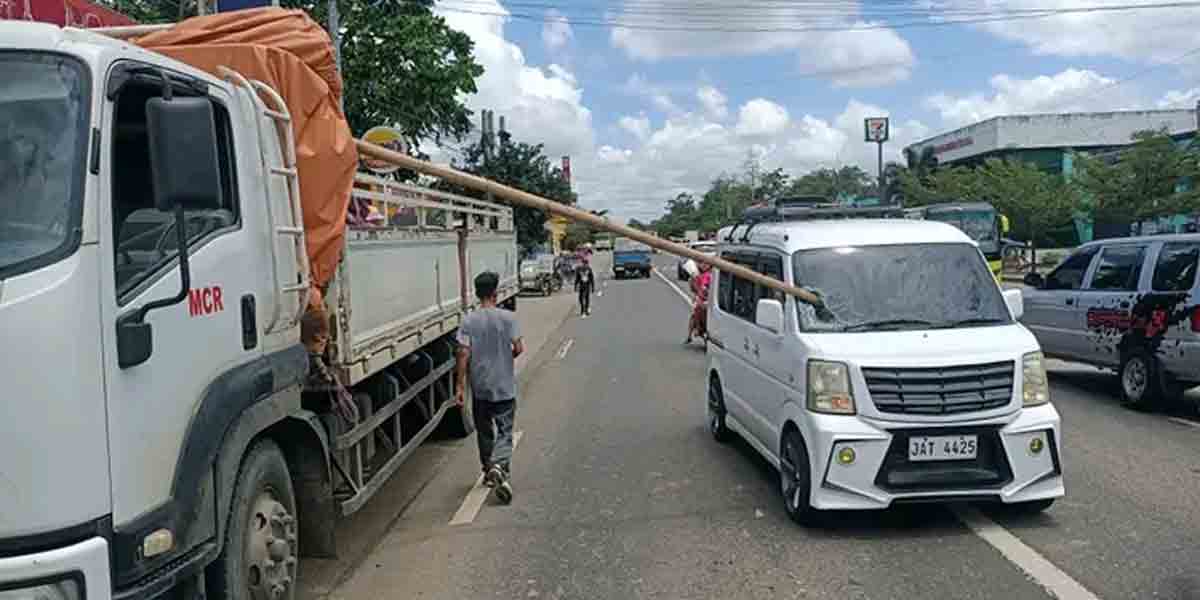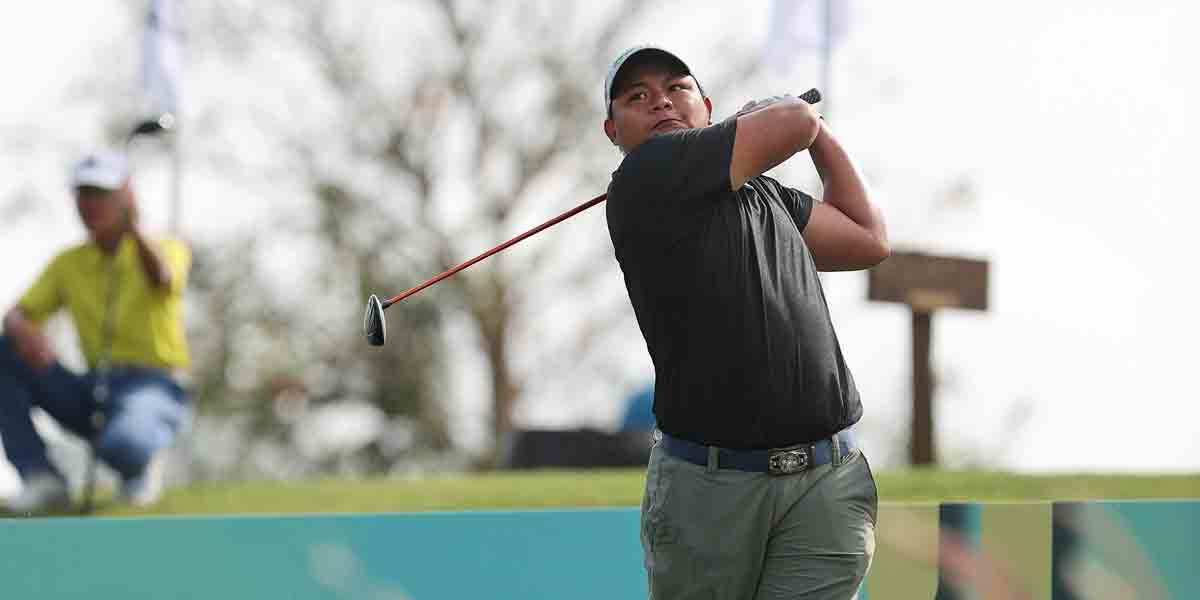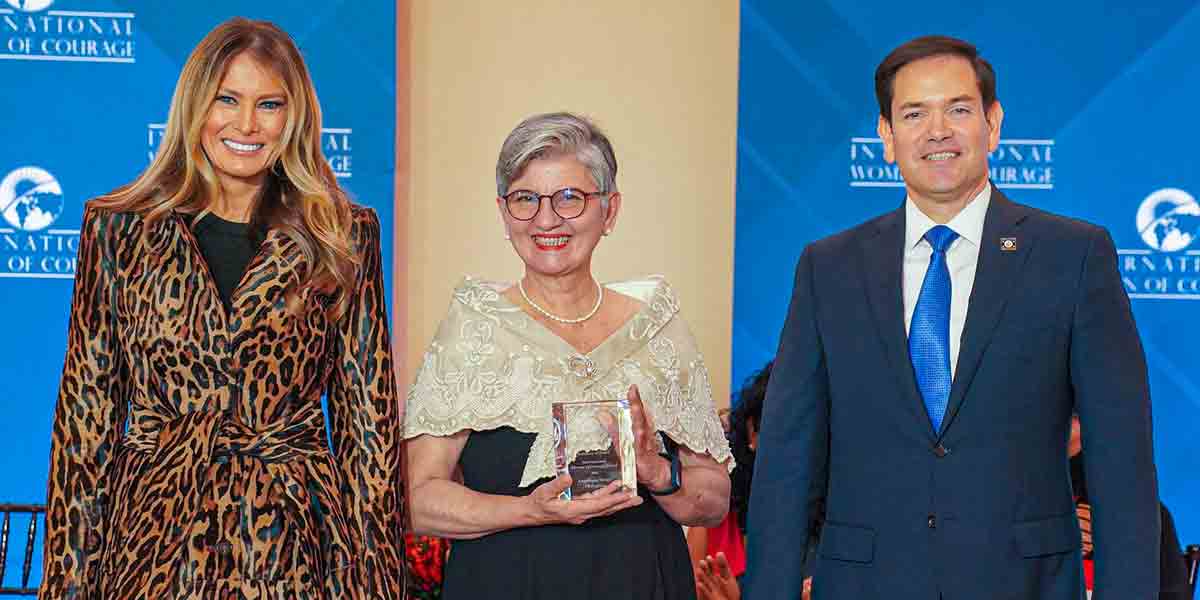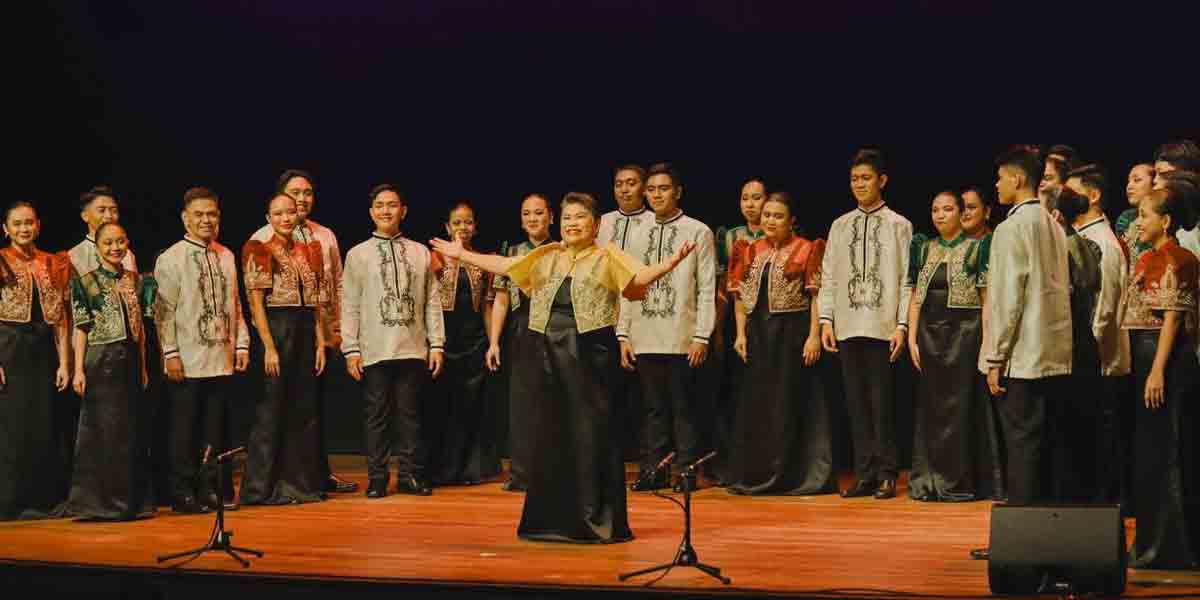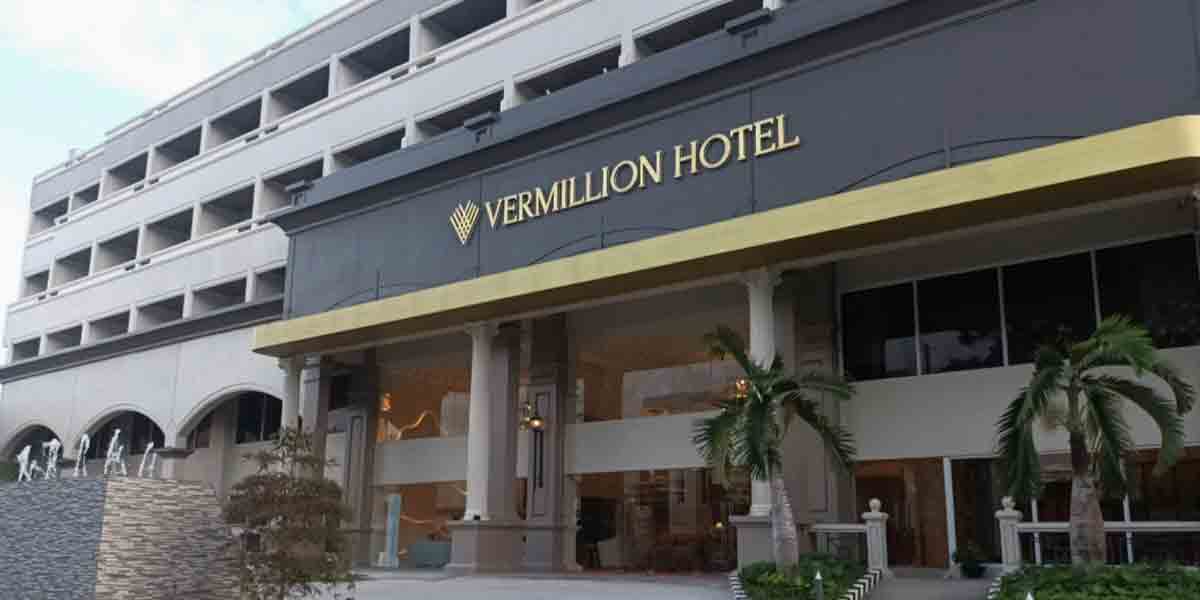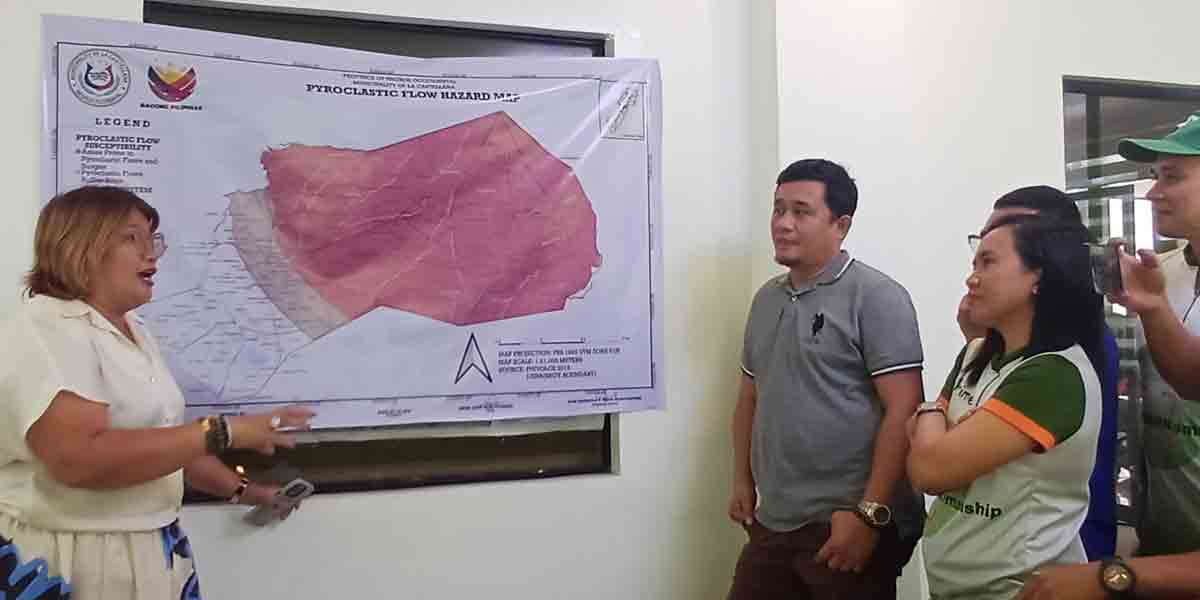 By Herbert Vego
By Herbert Vego
THE protracted refusal of Panay Electric Co. (PECO) to recognize MORE Electric and Power Corp. (MORE Power) as the legitimate power distributor in Iloilo City for the next 25 years does not make sense. The transition from PECO to MORE Power was mandated by law (Republic Act 11212), hence has the presumption of constitutionality.
The law (RA 11212) granted the new 25-year franchise to MORE Power, replacing PECO, whose franchise expired on January 19, 2019.
PECO would therefore not gain public sympathy. It has already amassed billions of pesos in profit from 96 straight years of power monopoly, and yet dissatisfying its 65,000 customers. Its leaning lamp posts, “spaghetti” wirings and dangling “whatevers” were among the reasons why Congress junked its application for renewal of franchise.
Would the members of the Cacho family, being the major owners of PECO, starve with no more business to thrive in?
No, if it’s true that they own profitable businesses abroad.
But since they are desperately trying to cling to a lost franchise, a renowned Ilonggo lawyer, Zafiro “Boy” Lauron, doubts that possibility. If as rumored the Cachos own three offshore corporations at the British Virgin Islands in the Caribbean, why don’t they talk about it?
“I am going to file a petition with the Bureau of Internal Revenue and the Anti-Money Laundering Council,” the lawyer told this writer in a telephone interview yesterday, “to investigate the offshore bank accounts of the Cacho family.”
It was the International Consortium of Investigative Journalists (ICIJ) that had informed him about the alleged existence of such accounts in the British Virgin Islands in the Caribbean, namely the Costa Group Investments Ltd., the Prime Rose Technology Ltd. and the Mega International Services Ltd.
The three companies were separately registered at the British Virgin Islands on different dates in the year 2000, has a mailing address at Portcullis Trustnet Chambers, PO Box 3444, Road Town Tortola, British Virgin Islands.
Coincidentally by that time, PECO had been getting mounting complaints from dissatisfied consumers over erroneous billings, poor customer service, overcharging, fire-prone leaning poles, “spaghetti” wirings, wrong readings and power pilferage leading to systems loss chargeable to paying subscribers.
The Cacho accounts are among the thousands allegedly mentioned in a document turned over to the ICIJ, “The Offshore Leaks Papers,” which showed the first batch of secret papers from 10 offshore jurisdictions, including the British Virgin Islands.
The ICIJ, incidentally, is a London-based global network of more than 260 investigative journalists in 100 countries who collaborate on in-depth investigative stories. Among its Filipino members are Maria Ressa, Sheila Coronel and Roel Landingin.
The Caribbean islands at the western Atlantic Ocean are known as “the tax haven” favored by the world’s richest families who use complex offshore structures to own mansions, yachts, art masterpieces and other assets, gaining tax advantages and anonymity not available to average people.
The anonymity granted by the offshore economy facilitates money laundering, tax evasion, fraud and other crimes. It, therefore, benefits only the dishonest few individuals.
It is only with the cooperation of the Bureau of Internal Revenue (BIR) and the Anti-Money Laundering Council (AMLC) that Lauron would ferret out the truth “on behalf of the Ilonggos who must have paid to PECO much more than Metro Manilans have paid to Meralco.”
It is possible, Lauron said, that the three Cacho-owned enterprises in the Caribbean are mere “shell corporations” – meaning, inactive companies used to shelter various big-time financial maneuvers.
That makes us wonder why PECO is not interested in the “just compensation” amounting to P481,842,450 that MORE Power stands to pay in accordance with a provision in RA 11212.


